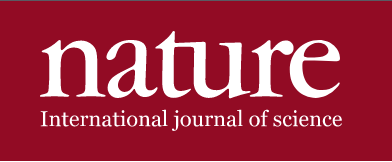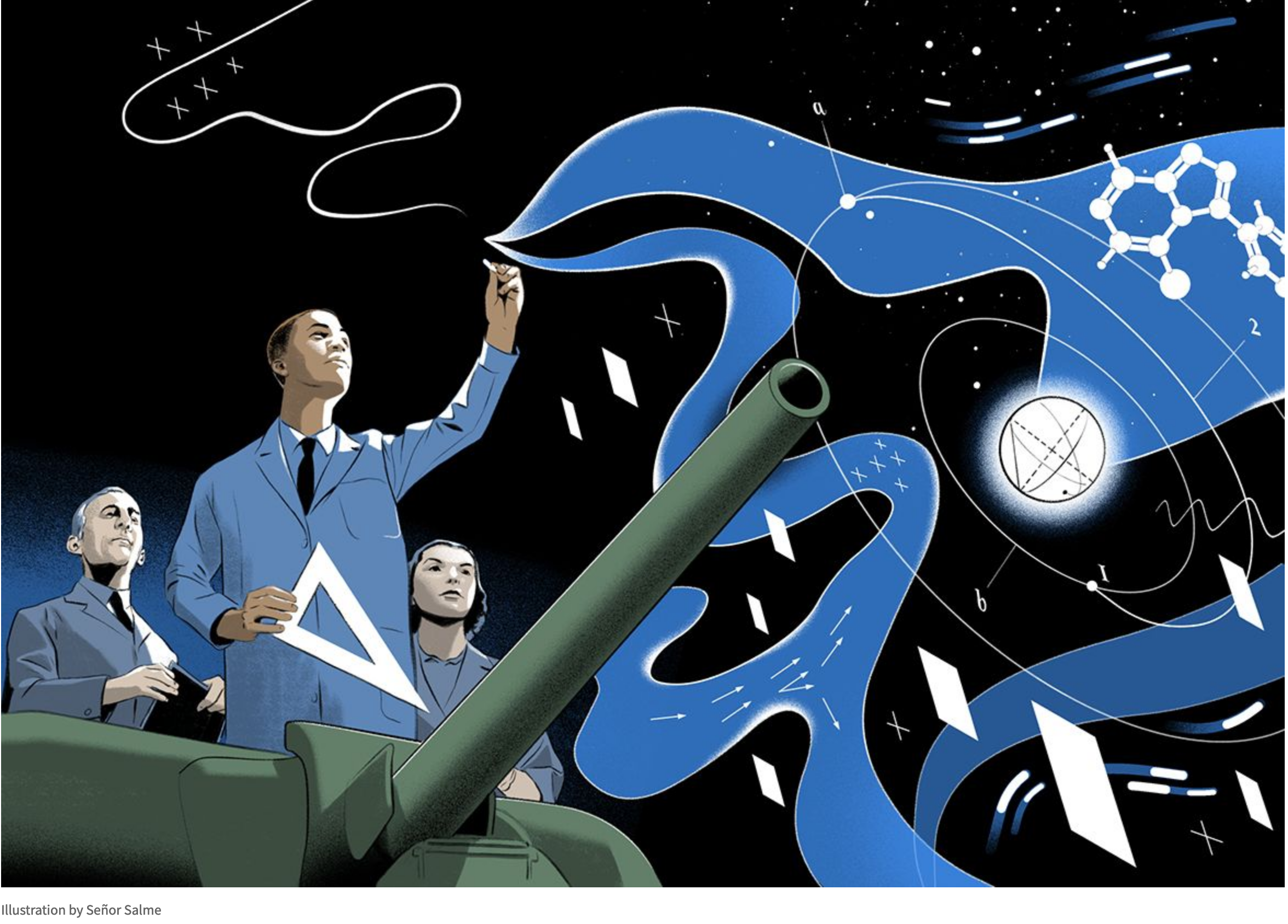Late in August 1609, the Italian astronomer Galileo Galilei wrote excitedly to his brother-in-law, relating the fast-moving events of that summer. A few weeks earlier, Galileo had heard rumours that a spyglass had been invented in Flanders (now part of Belgium). He quickly produced an improved version, setting off a new wave of rumours. Soon, the Venetian senate called on him to demonstrate his device. Galileo boasted to his family about the “numerous gentlemen and senators” who had “scaled the stairs in the highest campaniles in Venice to observe at sea sails and vessels so far away that … two hours or more were required before they could be seen without my spyglass.” The senate voted immediately to grant Galileo an appointment for life at the University of Padua in Italy, with an annual salary of 1,000 florins — back when 1,000 florins really meant something1.
READ MORE: Discovery is always political

